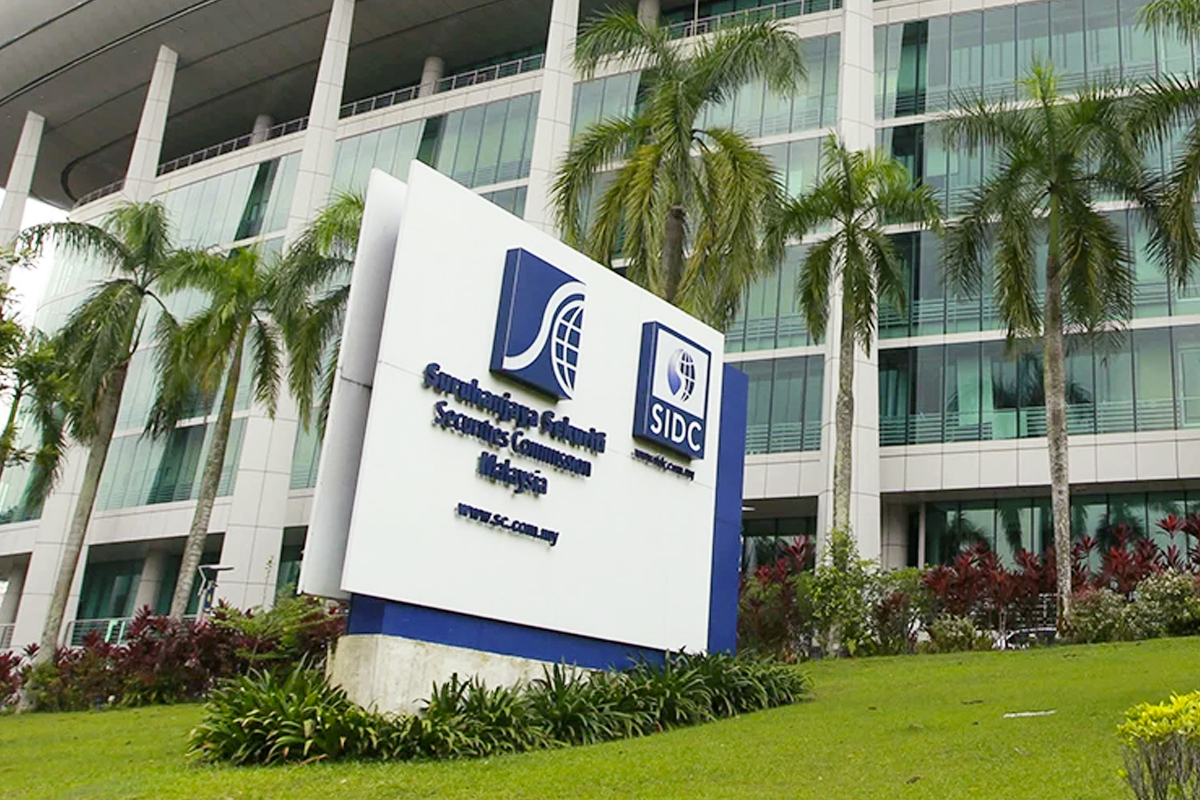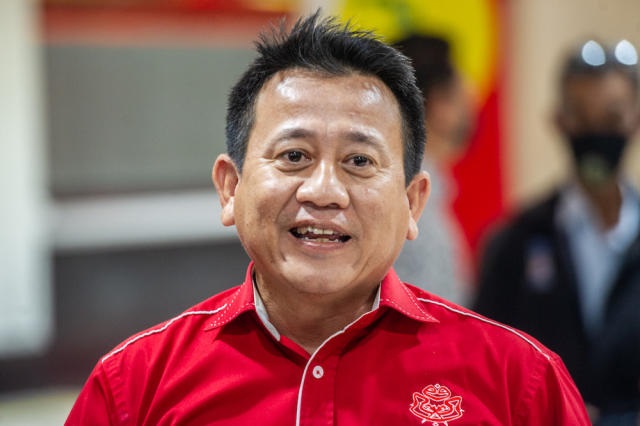THE Securities Commission (SC) has reviewed practices by Malaysian public-listed companies (PLCs) in managing annual general meetings.
Executive chairman Faiz Azmi said the review found that the Main Board and ACE companies still hold general shareholder meetings in a fully virtual format.
While fully virtual meetings were a necessity during the pandemic, listed companies must take necessary steps towards transitioning back to physical or hybrid meetings,
he said during the Securities Industry Development Corporation Business Foresight Forum 2024.
He added that the move will engender more trust in PLCs.
After all, building trust in the capital market is crucial for attracting investments and that will also help the micro, small and medium-sized enterprises (MSMEs) as well as the capital market in general.
According to Faiz, the MSME market is key to a vibrant capital market.
Therefore, he said the Capital Market Masterplan 3 launched in 2021 reinforces the need to create an environment to drive MSME growth.
The SC has also recently launched a comprehensive five-year roadmap to catalyse access to capital market financing for MSMEs and mid-tier companies (MTCs).
Moreover, he pointed out that the roadmap aims to grow the MSME and MTC capital market by seven times, from RM6.3 bil in 2023 to RM40 bil in 2028.
“Basic information suggested that we have a funding gap of about RM90 billion. So, how do we do this?
We can address this by improving access to financing and broadening financing options, including developing new, customised capital market products that make it easier for MSMEs to access these funds.
Faiz said that, for example, growing the pool of peer-to-peer (P2P) operators offering debt-based financing instruments will allow MTCs to seek debt-based financing directly from investors while reducing the number of intermediaries involved in the process.
He noted that the Malaysia Co-Investment Fund, with an additional RM100 mil from Budget 2024, has been instrumental in helping MSMEs raise funds through equity crowdfunding (ECF) and P2P financing platforms.
Since 2015, ECF and P2P have supported over 18,000 MSMEs, helping them raise around RM8 bil as of June 2024.
The additional RM100 mil allocations will also support key initiatives in agriculture, healthcare, education, environment, community and waqf asset development,
he noted.
Meanwhile, Deputy Finance Minister Lim Hui Ying said the government is committed to creating an environment where the MSMEs could thrive and contribute fully to Malaysia’s prosperity.
“The government recognises MSMEs as the backbone of the nation’s economy, driving innovation, job creation, and social progress.
Our economic growth is inextricably linked to their success.
Lim noted that the government has established a variety of grants and initiatives to help MSMEs overcome numerous challenges, including finance and market access, as well as talent development.
She also said the government offers targeted policies and programmes for Malaysian businesses, namely startup SME tax rebate, SME special deduction, electric vehicle charging facilities tax deductions, and investment tax allowance.
Besides, the government is committed to simplifying regulations and reducing bureaucratic burdens to create a level playing field for businesses of all sizes,
she added.
Furthermore, Lim stated that talent development is also a key priority.
Therefore, the government is investing in education and training programmes to equip the workforce with the skills needed to meet the demands of the modern economy.
– Aug 22, 2024









